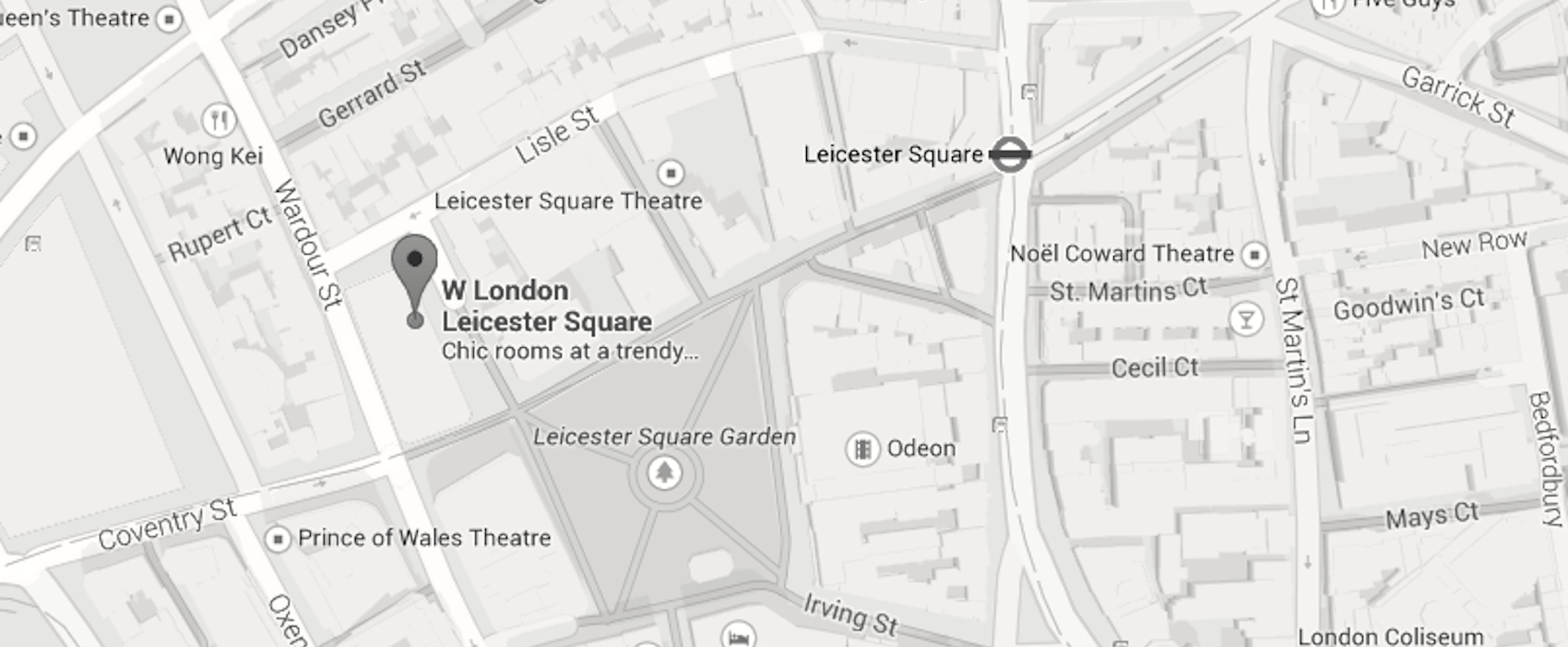In stark contrast to the independently-run cafes and restaurants I spent time in during my stay in Athens, I met my friend Lou at W Leicester Square, on Wardour Street. We had arranged to meet up for tea and to catch up, as it had been a while since we had last got together. Tea, which is served in the lounge of this densely styled contemporary hotel, turned out to be the “W/ Fashion Power Tea” – which, we were told, is inspired by the Design Museum’s exhibition Women Fashion Power.
Noting the “hand-crafted tea stand shaped into a pair of heels [that] has been designed to take guests on a sensory journey through the history of powerful female fashion icons” we ordered our tea and began discussing what we’d been up to in the past weeks. One of the subjects we landed on was how, since losing Mark, I’ve felt strangely removed from many of life’s concerns – that when people ask me if I would prefer one thing over another I genuinely don’t care that much, and also the difficulty I experience knowing how to respond when people talk about the problems they are facing.
It’s not that I don’t care about the people telling me, but I’m also aware that day by day I can be dealing with the kind of distress that at any other time, and if it happened just once, would constitute a drama. Pain, be it a tight feeling in my gut, an ache in my stomach, a soreness in my arms and back – these are all the symptoms of grief that are with me most days, though I hope fading gradually. Sometimes, the pain has become so intense I start trembling. At other times I find myself sighing or gulping for breath, suddenly overwhelmed by the surge of feelings. I’m usually OK if I take a deep breath and I can usually go on, but it’s an ongoing sense of being ill at ease, anxious, afraid or intensely sad that has become a new normal. It’s not just the feelings, it’s that encountering death seems to have taken me to a place that’s not quite here – and my preoccupations are often pitched quite deeply as they are literally to do with life and death.
But I worry about the implications for friendships and how I treat friends – I don’t want to retreat into lofty superiority, and I don’t like the idea of being indifferent or dismissive of their anxieties, because much of it is genuinely felt. Nor do I want to think I have a monopoly on suffering – I want to be in tune with people and care about those around me. But so many of our preoccupations in day to day life, such as work, gripes about colleagues or friends, or poor service, are, ultimately, relatively trivial, I find myself struggling to engage a lot of the time.
As I was talking to Lou, crying quite profusely at times, the woman serving our tea arrived with plates of sandwiches and scones, and lastly brought us our cakes and began telling us about each of them. She appeared quite uncomfortable, but ploughed on nevertheless, both of us dutifully suspending our conversation and paying polite attention as she told us that the cakes were influenced by the likes of Coco Chanel – sugar pearls and a prosecco atomiser, Lady Gaga – red velvet marble cake evocative of the dress made of raw beef she wore at the 2010 MTV Video Music Awards, and Vivienne Westwood, represented by a swirl of candy floss hair.
Lou has been masterful in injecting humour at just the right time with just the right level of inappropriateness, and we both appreciated the absurdity of the situation, and how having to break off our conversation, me wiping tears from my eyes, to pay homage to the cakes – which did taste good, I have to say – was a perfectly-pitched demonstration of what we’d been talking about.
It also reminds me that part of the answer lies in not taking yourself too seriously, even when life itself seems extremely serious, and that laughter is a good response when people, or the society we live in, try to tie you into their preoccupations. Today, in a book of meditations for working through grief that I try to read daily, was a quote by Kathleen R. Fisher:
“Because humour brings us back to earth, it helps us to use well what is left to us even when we are keenly aware of what we have lost or been denied. Only those who know how to weep can also laugh heartily.”

Leave a Reply
You must be logged in to post a comment.